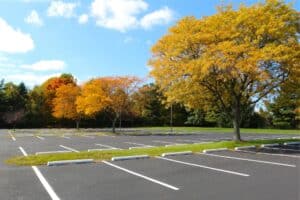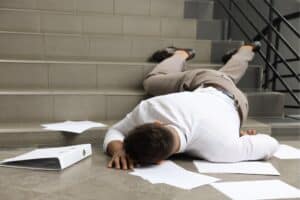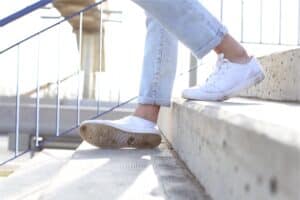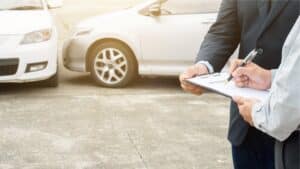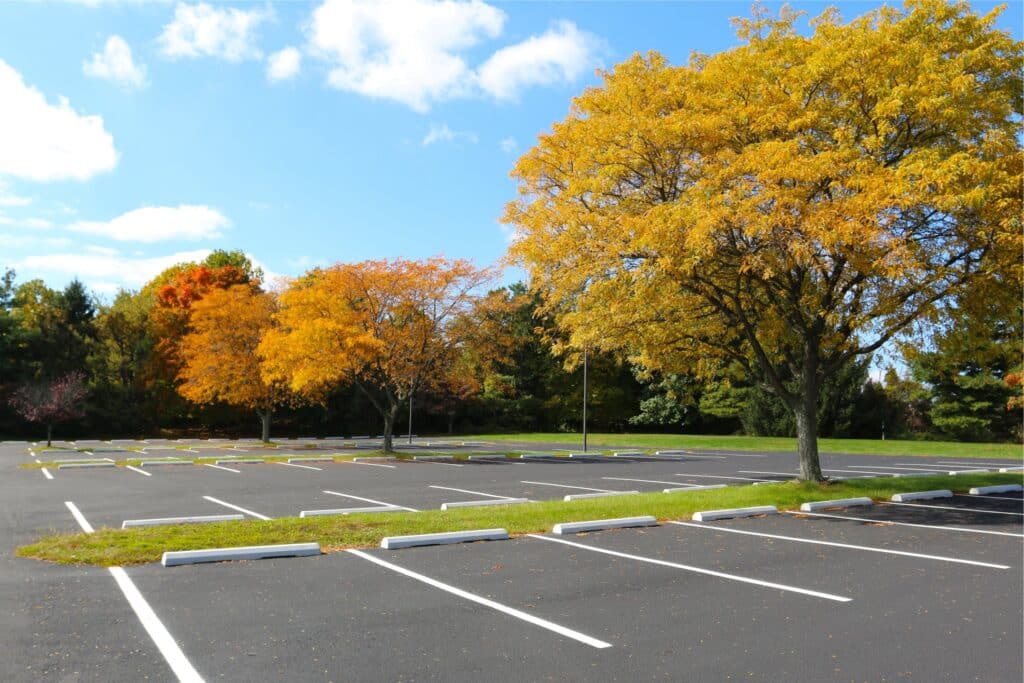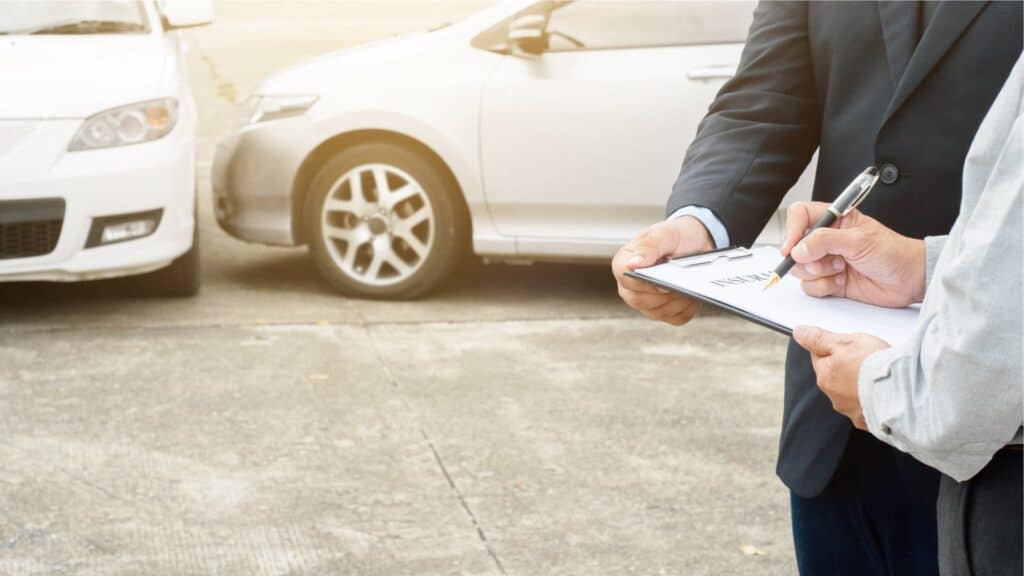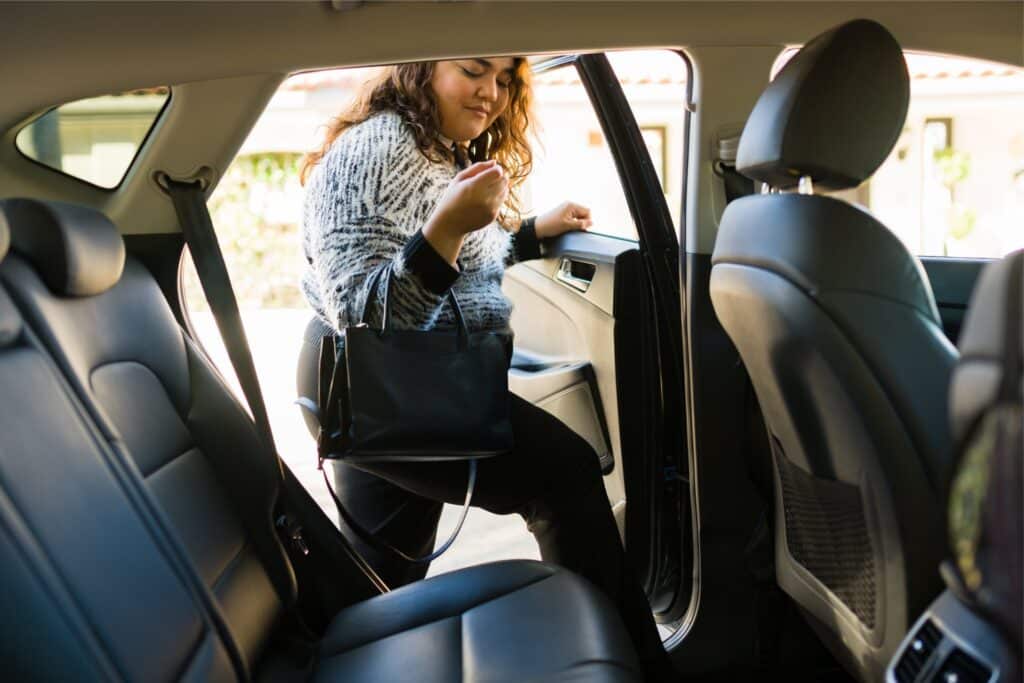When accidents happen on someone else’s property, understanding the differences between slips, trips, and falls in premises liability law becomes increasingly important. Each type of accident has specific underlying causes that could lead to legal claims if they result in an injury. If the property owner’s negligence contributed to the accident, the victim may be entitled to a higher personal injury settlement to cover their injuries.
At Zbinden & Curtis Attorneys at Law, we have decades of experience helping Oregon victims of slip and fall accidents secure the compensation they need to recover. We do everything we can to ensure the individual or corporation responsible for your injury is held legally and financially accountable for their actions. If you’re looking for a personal injury attorney that Portland trusts, look no further than Zbinden & Curtis Attorneys At Law.
What’s the Difference Between Slips, Trips, and Falls?
Slips occur when there is too little traction between the footwear and the walking surface. Common causes include wet or oily floors, loose rugs, or recently waxed surfaces. Slips are particularly common during winter months in Portland when our notorious rainfall freezes overnight. Businesses and property owners must remove ice and snow from common walkways or at least inform visitors of the hazardous conditions.
Trips happen when your foot collides with an object and causes you to lose your balance. This can be caused by clutter, uneven flooring, or exposed cables that are not immediately obvious. People have a tough time noticing tripping hazards because they are low to the ground, and the visitor is usually unfamiliar with the environment. If property owners don’t anticipate these hazards and take the necessary steps to correct them, they can be held financially liable for any accidents that occur as a result.
Falls can be caused by a slip or a trip, but the category also includes drops from a significant height. They can be caused by many reasons, from poor stairwell lighting to unattended service area access holes. The owner or property manager must inform visitors of any areas where a fall might be likely to occur, and they should set up barriers to prevent visitors from accessing the area.
Premises Liability in Slip and Fall Accident Cases
Premises liability is the legal responsibility of property owners to ensure their space is reasonably safe from hazards that could harm their visitors. Property owners owe a duty of care to all visitors who enter their property and must take reasonable steps to keep the environment safe. If a property owner fails in this duty, and a person is injured, the owner can be considered liable for financial damages due to their negligence.
To prove an owner’s negligence in your slip, trip, or fall case, you’ll need to provide evidence that supports the following:
- The Duty of Care: The duty of care means that the property owner owed you a reasonably safe environment at the time that you were visiting the property. This is usually just assumed in most premises liability cases, but it can become an important issue if an accident occurs outside of regular business hours or in an area closed off from visitors.
- The Breach of Duty of Care: A breach in the duty of care means that the owner failed to properly maintain the property or warn their visitors of potential hazards. A typical example of a breach in the duty of care is a slippery spot left on the floor of a grocery store aisle. If the grocery store has cameras and available staff, they should locate the hazard quickly and either clean it up or section it off so customers can avoid it. If the store fails to address the problem in a reasonable timeframe and a visitor is injured, the store will be in breach of its duty of care.
- The Causation and Correlation: There could be many factors that contributed to your slip, trip, or fall accident, but the property owner’s breach of duty of care must be the primary cause. It’s important to note that the property owner, the victim, and any other parties contributing to the situation will all be assigned a percentage of fault for the accident. Oregon will reduce the compensation a victim can receive based on the percentage of fault they are assigned by investigators. For example, if the property owner’s negligence caused 75% of the accident, but the victim’s actions caused the other 25%, the victim could still be awarded 75% of the compensation they need to recover. However, under Oregon’s “modified” comparative negligence rule, a victim cannot be awarded any compensation if they are found to be more than 50% responsible for their own injuries and financial losses.
- The Financial Damages You Suffered as a Direct Result of Your Accident: This means that your finances were significantly affected by an accident that was primarily outside of your control. Medical bills, lost wages, and the loss of your future earnings potential are all examples of financial damages that you should be compensated for. You should also receive compensation for the less tangible injuries you may have suffered, such as prolonged periods of physical pain or the loss of your ability to enjoy life in the ways you did before the accident.
How the Slip and Fall Accident Attorneys at Zbinden & Curtis Can Help
At Zbinden & Curtis Attorneys at Law, we have years of experience helping slip, trip, and fall victims in Portland and all across Oregon. We treat each client with the care and attention they deserve while ensuring they receive the highest possible settlement for their personal injury case. We do this by investigating the accident in a way that few insurance investigators ever do, with your best interests in mind.
If you’ve been injured in a slip, trip, or fall accident, call Zbinden & Curtis Attorneys At Law today at (503) 287-5000. Let us help you take the first steps toward recovering from your injury and receiving the compensation you deserve.
